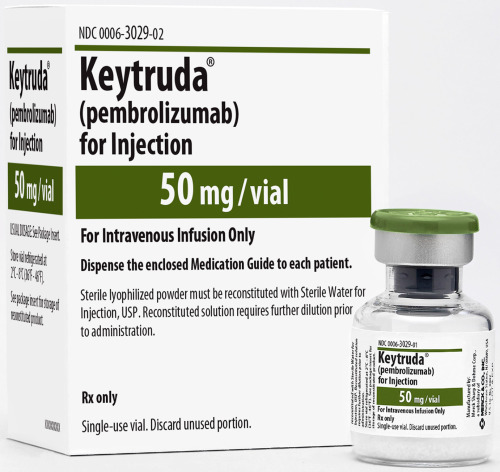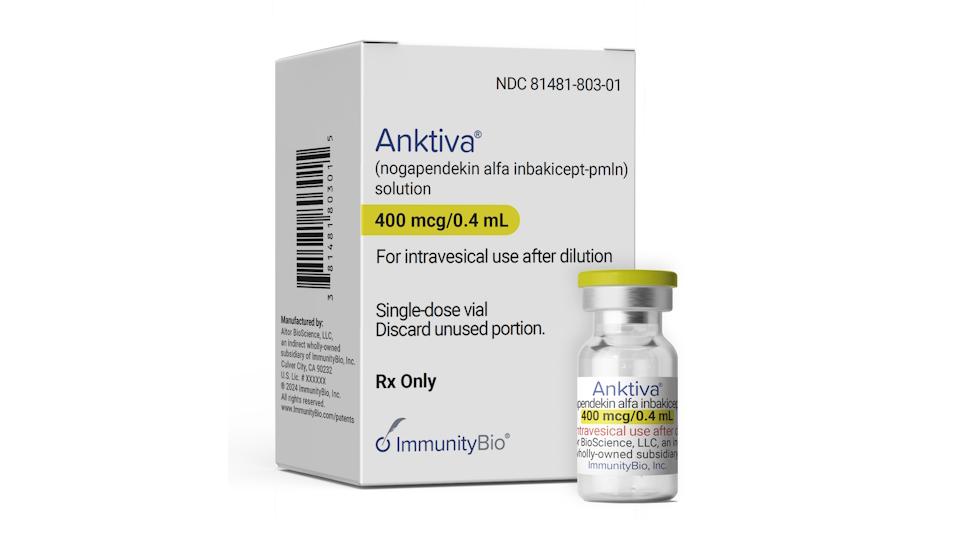Opdivo still clear immunotherapy leader despite Keytruda gains

Merck & Co has filed Keytruda in bladder cancer in the US, setting the scene for a battle with rivals Roche and Bristol-Myers Squibb.
Bristol-Myers Squibb’s rival immunotherapy Opdivo (nivolumab) was approved in a similar bladder cancer use the day before, and Roche’s Tecentriq (atezolizumab) was the first immunotherapy to get approval in bladder cancer last year.
Bladder cancer is just one of the many battlefronts the companies are competing on, as each rival seeks to extend licences for their immunotherapy into new tumour types and earlier treatment stages.
The key market is lung cancer, and after Keytruda's success and Opdivo's failure in the first line setting, Merck looks set to be the dominant player.
But while Merck has all the momentum behind it, BMS' Opdivo is very much the market leader in terms of revenues - at least for now.
While Keytruda reached sales of $1.40 billion for 2016, Opdivo was way out ahead with revenues of $3.77 billion. Keytruda is expected to overhaul it in the long run, but Opdivo produced excellent growth in Q4, with revenues growing to $1.3bn compared to $475 million the year before.
https://twitter.com/bradloncar/status/827122640888401920
https://twitter.com/bradloncar/status/827121483289866240
New Jersey-based Merck, known as MSD outside the US, filed Keytruda (pembrolizumab) with the FDA for patients with locally advanced or metastatic disease, in first line use in patients ineligible for cisplatin therapy, and in second line for patients with disease progression on or after platinum containing therapy.
The FDA previously granted Breakthrough Therapy Designation to Keytruda for the second-line treatment of patients with locally advanced or metastatic urothelial cancer with disease progression on or after platinum-containing chemotherapy.
Based on data from the phase 2 KEYNOTE-052 trial and the phase 3 KEYNOTE-045 trial, the FDA is due to make a decision on the filing before 14 June.
The filing came the day after BMS had its rival PD-1 inhibitor approved in second line use after failure of platinum chemotherapy, or after disease progression within 12 months of neoadjuvant or adjuvant treatment with platinum chemotherapy. Roche’s drug, a PD-L1 inhibitor, was approved in bladder cancer last year in the same indication.
Unlike Tecentriq and Keytruda, Opdivo is approved in bladder cancer patients regardless of their PD-L1 status. This means more patients are eligible for Opdivo than its rivals, something which will give it an edge in several tumour types.
While its 'all comers' approach to first-line NSCLC didn't work, Opdivo's broader label will help in the battle for overall market share.
Opdivo's approval in bladder cancer brings its tally to six approvals, which Keytruda will match this once it gains its own FDA clearance. Both drugs are being investigated in dozens of other tumour types and combinations with other immunotherapy agents.












